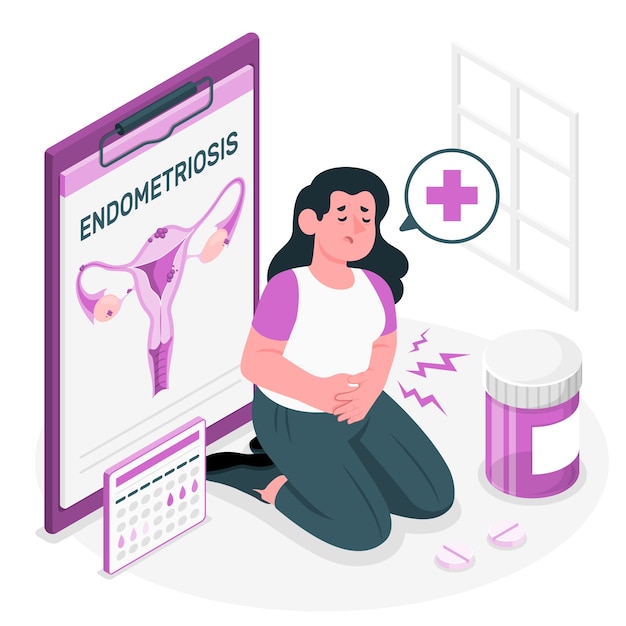
Pelvic inflammatory disease (PID) is an infection that affects a woman’s reproductive organs, including the uterus, ovaries, fallopian tubes, and cervix. It occurs when bacteria, often from sexually transmitted infections (STIs) like chlamydia or gonorrhea, travel from the vagina to these organs. According to the U.S. Department of Health and Human Services, PID impacts about one million women annually in the United States. Left untreated, it can lead to serious complications, including chronic pelvic pain, infertility, or even life-threatening conditions if the infection spreads.
PID typically develops due to an untreated STI, though it can also arise from normal vaginal bacteria, childbirth, miscarriage, abortion, or medical procedures like IUD insertion or endometrial biopsy. Women under 25 who are sexually active, have multiple partners, or practice unsafe intercourse are at greater risk. Those with a history of PID or other STIs are particularly vulnerable. While some women experience no symptoms, others may notice pelvic or abdominal pain, painful urination or intercourse, irregular bleeding, fever, or unusual vaginal discharge.
Diagnosing PID involves a combination of pelvic exams, STI tests, ultrasounds, and sometimes laparoscopy, a minimally invasive procedure to examine internal organs. Doctors may also collect samples of vaginal discharge or perform blood and urine tests to confirm the infection and evaluate its spread. Early diagnosis is critical to minimizing damage to reproductive organs and preventing complications.
Treatment usually involves antibiotics, which may improve symptoms within a few days. It’s essential to complete the full course of medication to fully eliminate the infection. In severe cases, especially when abscesses develop or the infection resists treatment, hospitalization and intravenous antibiotics are necessary. Surgery is rare but may be required to drain abscesses or remove severely damaged tissue. Sexual partners should also be treated to prevent reinfection.
If untreated, PID can cause permanent damage to the reproductive system. Scarring in the fallopian tubes may increase the risk of ectopic pregnancies, which occur when a fertilized egg implants outside the uterus. This type of pregnancy can result in life-threatening internal bleeding. Additionally, women who delay seeking treatment face a higher likelihood of infertility and chronic pelvic pain.
Preventing PID starts with practicing safe sex, getting tested regularly for STIs, avoiding douching (which can push bacteria higher into the reproductive tract), and ensuring proper hygiene after using the bathroom. Women using IUDs for contraception should discuss the risks with their healthcare provider.
While recovering from PID, it’s important to avoid sexual activity until treatment is complete to prevent the infection from spreading or returning. Those experiencing recurrent PID should seek medical help to evaluate and manage any long-term effects. For women struggling to conceive after PID, consulting a fertility specialist can help determine if the condition has impacted reproductive health.
With timely treatment, most women recover fully from PID. Early intervention reduces the risk of complications, but it’s important to monitor symptoms and continue follow-up care with a healthcare provider. Ensuring both partners receive treatment and abstaining from sexual activity during the course of medication can prevent reinfection and support long-term recovery. For those planning pregnancy, addressing any lingering effects of PID early improves the chances of success.